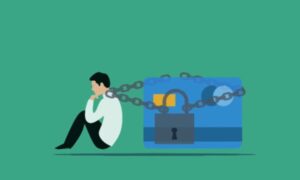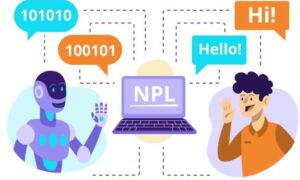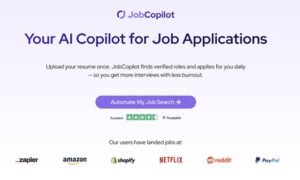Money plays a crucial role in our daily lives. Whether we’re buying food, saving for the future, or planning a business, financial knowledge is essential. Unfortunately, many people lack basic financial literacy, leading to poor money decisions, debt, and missed opportunities.
Financial literacy is about understanding how money works, making informed financial decisions, and managing personal and business finances effectively. This article explores the importance of financial education, how it empowers individuals, and practical steps to improve financial knowledge.
Why Financial Literacy Matters
Better Money Management
Many people struggle with budgeting, spending, and saving. Financial literacy helps individuals manage their income wisely, avoid unnecessary debt, and achieve financial stability.
Reduces Financial Stress
Financial worries are a major source of stress. Learning how to manage money properly reduces anxiety about bills, emergencies, and future financial security.
Encourages Savings and Investments
Understanding finances encourages people to save and invest, ensuring a more secure future. With the right knowledge, individuals can grow their wealth and plan for retirement effectively.
Prevents Debt and Financial Pitfalls
Many people fall into debt due to a lack of financial knowledge. Financial education teaches responsible borrowing, interest rates, and strategies to avoid unnecessary financial burdens.
Opens Business and Career Opportunities
Entrepreneurs need financial literacy to manage business funds, set prices, and track profits. Even employees benefit from understanding their salary structure, taxes, and benefits.
Key Financial Concepts Everyone Should Know
Budgeting: The Foundation of Financial Success
Budgeting means planning how to spend money wisely. It involves tracking income, setting spending limits, and prioritizing needs over wants. A good budget prevents overspending and ensures savings.
Saving and Emergency Funds
Savings protect against unexpected expenses like medical emergencies or job loss. Financial experts recommend saving at least 20% of income and keeping three to six months’ worth of expenses in an emergency fund.
Understanding Credit and Debt
Loans and credit cards can be helpful but dangerous if misused. Knowing how interest rates work and how to maintain a good credit score helps individuals borrow responsibly.
Investing for the Future
Investing helps grow wealth over time. Understanding investment options like stocks, bonds, real estate, and mutual funds ensures informed decisions and reduces financial risks.
Taxes and Financial Responsibilities
Knowing how taxes work, filing returns correctly, and taking advantage of tax deductions can save money and prevent legal issues.
How Financial Literacy Empowers Individuals
Makes People Independent
Financial education helps people make their own financial decisions without relying on others. This independence allows them to set and achieve financial goals.
Enhances Decision-Making Skills
Understanding money helps people compare financial options, choose better investment opportunities, and avoid scams or bad deals.
Improves Quality of Life
People who manage their finances well enjoy a stress-free life, afford better healthcare, education, and a comfortable retirement.
Encourages Smart Spending Habits
Financially literate individuals distinguish between needs and wants. This prevents impulse buying and wasteful spending.
Helps Build Generational Wealth
Teaching financial literacy to young people ensures future generations have the knowledge to maintain and grow family wealth.
Practical Steps to Improve Financial Literacy
Start Reading About Personal Finance
Books, blogs, and online courses on financial literacy provide valuable knowledge. Some beginner-friendly books include:
- Rich Dad Poor Dad by Robert Kiyosaki
- The Richest Man in Babylon by George S. Clason
- Your Money or Your Life by Vicki Robin
Follow Financial Experts and Podcasts
Experts like Dave Ramsey, Suze Orman, and financial podcasts offer practical tips on saving, investing, and budgeting.
Use Budgeting Apps
Apps like Mint, YNAB (You Need a Budget), and PocketGuard help track income and expenses, making budgeting easier.
Attend Financial Workshops and Courses
Local seminars, online classes, and webinars on finance provide valuable insights from professionals.
Practice Good Financial Habits
Start small by setting a monthly budget, reducing unnecessary expenses, and saving consistently. Good financial habits lead to long-term success.
Conclusion
Financial literacy is not just about making money but managing it wisely. It empowers individuals to take control of their financial future, avoid debt, and build wealth. By learning and applying financial knowledge, people can achieve financial stability, reduce stress, and enjoy a better quality of life.
Start your financial literacy journey today, because understanding money is the first step to financial freedom!



































